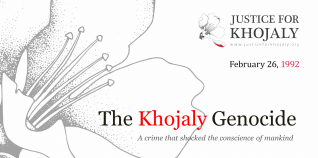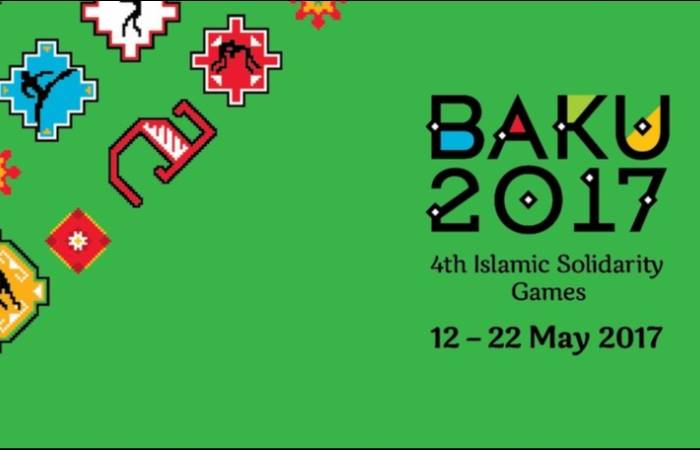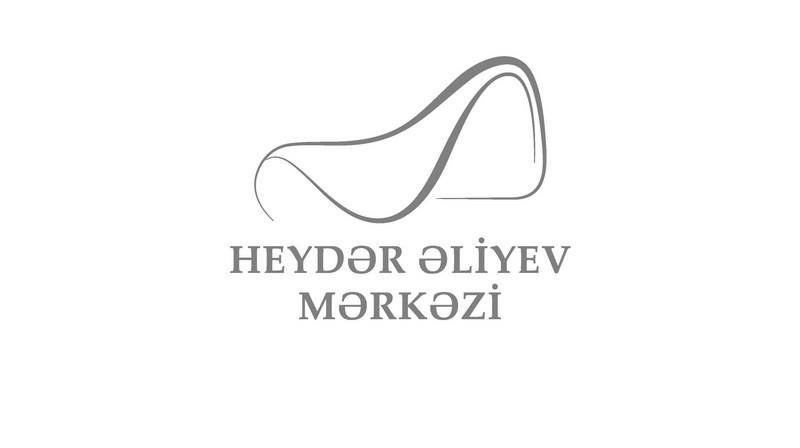German MP: “Armenian occupation politics must be ended”
 Tobias Zech, a member of Christian Social Union faction in the Bundestag, the German parliament, answered questions from The European Azerbaijan Society about the Armenian-Azerbaijani Nagorno-Karabakh conflict.
Tobias Zech, a member of Christian Social Union faction in the Bundestag, the German parliament, answered questions from The European Azerbaijan Society about the Armenian-Azerbaijani Nagorno-Karabakh conflict.
- The UN Security Council has passed resolutions condemning the occupation of Nagorno-Karabakh and seven bordering Azerbaijani regions by Armenian armed forces as violating international law and called for the immediate withdrawal of Armenian troops. What is Germany’s attitude to the decisions of the international community?
- It is disappointing that Armenia has maintained its occupation of Nagorno-Karabakh, which is in violation of international law, for more than twenty years. This policy contradicts clear resolutions adopted by the UN Security Council. A responsible foreign and European policy cannot therefore accept the status quo, but it must put an end to the illegal occupation by Armenia.
- Approximately 1 million Azerbaijani people have become internally displaced people in their homeland as a result of Armenia’s occupation policy. To what extent does Germany feel committed to the principle of territorial integrity and the rights of the Azerbaijani refugees in a partner country of the EU’s Eastern Partnership Programme?
- The seriousness of the Armenian invasion of Azerbaijan may be understood with same thought: If every country claimed a part of its neighbor’s territory for alleged historical reasons, this could potentially cause for worldwide conflicts.
Is the close political and economic partnership between Azerbaijan and Germany, and the West in a broader sense, also reflected in the regional support for Azerbaijan in protecting its rights? The restitution of the provinces occupied by Armenia and the return of refugees are matters that we will also strongly support in the future. In this context, the European Neighborhood Policy and the Eastern Partnership are important instruments for enhanced cooperation. We should develop these instruments in the future and take greater advantage of existing forms of cooperation.
The international community does still not recognize the unilateral proclamation of the so-called “Republic of Nagorno-Karabakh”. This is still our opinion. For this reason, the European Union also condemned the alleged 2010 “parliamentary elections” in Nagorno-Karabakh as unlawful. I therefore repeat: The existing instruments for cooperation must be further developed.
- In a recent incident, three Azerbaijani citizens were taken hostage in the region occupied by Armenia with a fatal outcome in at least one case. Following this provocation, several Azerbaijani soldiers have been killed by Armenian troops. How do you assess the current situation in this context?
- The increasing intensity and number of clashes – particularly in recent times – shows the fragility of the so-called “frozen conflict”. In fact, we are looking at an intensifying conflict, which is also becoming more of a threat for lack of international monitoring on the line of contact. As a crucial mediator, the OSCE must therefore re-intensify the promotion of the central principles of international law, formulated in the Madrid Principles, to resolve the Nagorno-Karabakh conflict. I repeat: This also includes the restitution of the regions occupied by Armenia and the return of all displaced persons and refugees. In light of the above, we condemn the renewed intensification by the Armenian occupying forces.




















